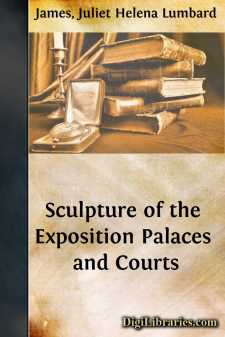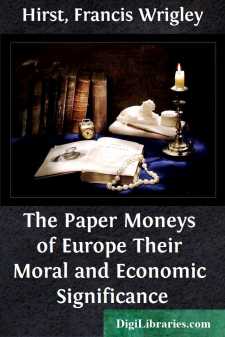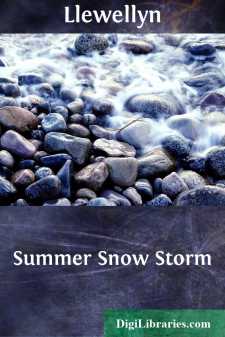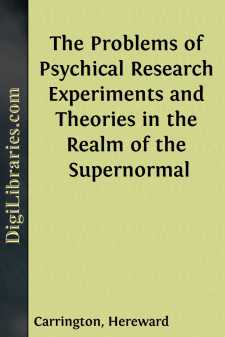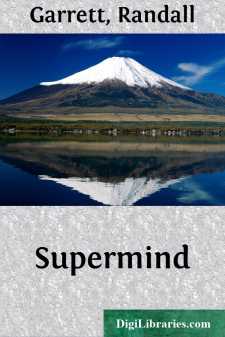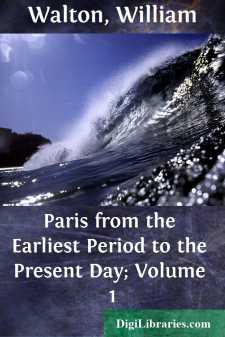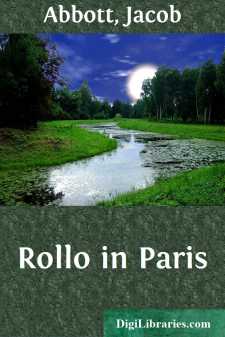Categories
- Antiques & Collectibles 13
- Architecture 36
- Art 48
- Bibles 22
- Biography & Autobiography 813
- Body, Mind & Spirit 142
- Business & Economics 28
- Children's Books 15
- Children's Fiction 12
- Computers 4
- Cooking 94
- Crafts & Hobbies 4
- Drama 346
- Education 46
- Family & Relationships 57
- Fiction 11829
- Games 19
- Gardening 17
- Health & Fitness 34
- History 1377
- House & Home 1
- Humor 147
- Juvenile Fiction 1873
- Juvenile Nonfiction 202
- Language Arts & Disciplines 88
- Law 16
- Literary Collections 686
- Literary Criticism 179
- Mathematics 13
- Medical 41
- Music 40
- Nature 179
- Non-Classifiable 1768
- Performing Arts 7
- Periodicals 1453
- Philosophy 64
- Photography 2
- Poetry 896
- Political Science 203
- Psychology 42
- Reference 154
- Religion 513
- Science 126
- Self-Help 84
- Social Science 81
- Sports & Recreation 34
- Study Aids 3
- Technology & Engineering 59
- Transportation 23
- Travel 463
- True Crime 29
Sort by:
Sculpture of the Exposition Palaces and Courts "The influence of sculpture is far reaching. The mind that loves this art and understands its language will more and more insist on a certain order and decorum in visual life. It opens an avenue for the expression of aesthetic enjoyment somewhere between poetry and music and akin to drama. - Arthur Hoeber The Fountain of Energy A. Stirling Calder,...
more...
THEIR MORAL AND ECONOMIC SIGNIFICANCE No more severe reflection could be passed upon the moral and political capacity of the human species than this: Five thousand years after the invention of writing, three thousand after the invention of money, and (nearly) five hundred since the invention of printing, governments all over the world are employing the third invention for the purpose of debasing the...
more...
In recasting Paris and its Story for issue in the "Mediæval Towns Series," opportunity has been taken of revising the whole and of adding a Second Part, wherein we have essayed the office of cicerone. Obviously in so vast a range of study as that afforded by the city of Paris, compression and selection have been imperative: we have therefore limited our guidance to such routes and edifices as...
more...
by:
Llewellyn
Snow in summer is of course impossible. Any weather expert will tell you so. Weather Bureau Chief Botts was certain no such absurdity could occur. And he would have been right except for one thing. It snowed that summer. It was, as the expression goes, raining cats and dogs. Since the Weather Bureau had predicted fair and warmer, the Weather Bureau was not particularly happy about the meteorological...
more...
by:
Edward Edwards
INTRODUCTION None of the minor incidents in our naval history has inspired so many writers as the Mutiny of the Bounty. Histories, biographies and romances, from Bligh's narrative in 1790 to Mr. Becke's "Mutineers" in 1898, have been founded upon it; Byron took it for the theme of the least happy of his dramatic poems; and all these, not because the mutiny left any mark upon history,...
more...
PREFACE In the following pages I have dealt chiefly with the mental or psychological phenomena of psychical research, and have not touched upon the "physical" manifestations to any extent. The book is mostly theoretical and constructive in tone; and, because of its speculative character, it may, perhaps, prove of value to future psychical investigators. It represents the author's...
more...
by:
Marie Corelli
PROLOGUE. We live in an age of universal inquiry, ergo of universal scepticism. The prophecies of the poet, the dreams of the philosopher and scientist, are being daily realized—things formerly considered mere fairy-tales have become facts—yet, in spite of the marvels of learning and science that are hourly accomplished among us, the attitude of mankind is one of disbelief. "There is no...
more...
by:
Randall Garrett
In 1914, it was enemy aliens. In 1930, it was Wobblies. In 1957, it was fellow travelers. In 1971, it was insane telepaths. And, in 1973: "We don't know what the hell it is," said Andrew J. Burris, Director of the FBI. He threw his hands in the air and looked baffled and confused. Kenneth J. Malone tried to appear sympathetic. "What what is?" he asked. Burris frowned and drummed...
more...
by:
William Walton
F the capital of the French nation, situated on the river Seine, were simply the most beautiful, the wittiest, wickedest, and most artistic of towns, if—as has been so often asserted (and not exclusively by the citizens thereof)—the most commonplace and the most brilliant of human manifestations alike take on new qualities, texture, and interest the moment they become Parisien, then, indeed, would...
more...
by:
Jacob Abbott
Chapter I. The Arrangements. Gentlemen and ladies at the hotels, in London, generally dine about six or seven o'clock, each party or family by themselves, in their own private parlor. One evening, about eight o'clock, just after the waiter had removed the cloth from the table where Rollo's father and mother, with Rollo himself and his cousin Jennie, had been dining, and left the table...
more...


